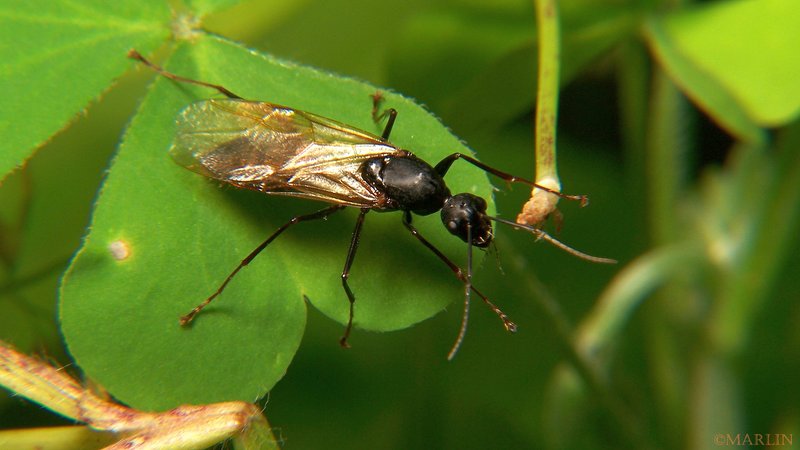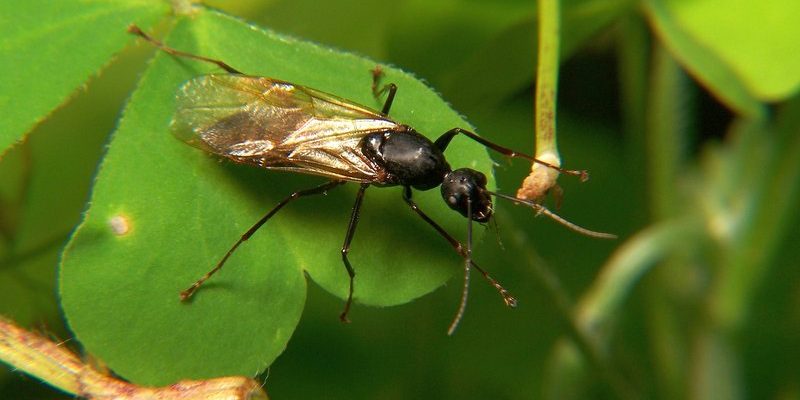
In simple terms, these ants are often seen as symbols of hard work, community, and resilience. They dig through wood to create their nests, which makes them quite the home remodelers in the insect world. Just imagine them as little carpenters, tirelessly building their “homes” and supporting their colonies. The way they work together is almost like a traveling troupe, each member knowing its role—pretty fascinating, right? In this article, we’ll explore the many layers of symbolism tied to carpenter ants, spanning folklore, mythology, and even modern interpretations.
Carpenter Ants in Folklore
Throughout various cultures, **folklore** often features animals as significant symbols. Carpenter ants are no different. In many Native American stories, they represent hard work and cooperation. Just think about it: in a society that greatly values community and teamwork, these ants can manifest that spirit perfectly. They show us that by working together, we can achieve great things, just like they do in their colonies.
Imagine a story where a group of carpenter ants comes together to build a home for a lost traveler. This tale isn’t just about the ants; it illustrates the virtues of collaboration and caring for others in the community. In essence, their teamwork is a reminder for us to look out for one another. Isn’t it comforting to know that even tiny creatures can inspire such values?
Symbolism of Perseverance
Perseverance is a hallmark trait of carpenter ants. They tirelessly chew through wood to create their nests, which can be viewed as a metaphor for overcoming obstacles. When we encounter challenges in our lives, we can take a cue from the carpenter ant. Instead of giving up, they break things down piece by piece.
Their relentless nature can serve as a encouraging reminder that patience and hard work often pay off. Much like a long-term project, whether it’s starting a new career or a personal goal, the ants teach us the importance of persistence through their diligent efforts. When you feel like giving up, think of the carpenter ant and how it tackles its work, one bite at a time.
Carpenter Ants in Mythology
In various mythologies, the carpenter ant holds significant meaning. Some cultures view them as messengers between the earthly realm and the spirit world. For instance, in African folklore, ants—especially carpenter ants—are often depicted as brave and noble creatures, embodying courage and strength.
Let’s say in a folktale, a carpenter ant bravely ventures out to discover new realms, symbolizing the quest for knowledge and understanding. This story might encourage listeners to seek new experiences and not shy away from what lies beyond their comfort zones. Isn’t it empowering to think that such a small creature can represent such bold themes?
Carpenter Ants and Community
The social structure of carpenter ant colonies offers a glimpse into the power of community. They work together to gather food, defend their nests, and care for their young. This teamwork reminds us of the importance of community in our own lives. Just as ants depend on one another for survival, humans thrive on connections and support systems.
Think of a community garden, where people come together to nurture plants and share the harvest. Much like the carpenter ants, working collectively leads to more abundant results. Their example encourages us to build strong communities, fostering cooperation and care—not just for ourselves, but for those around us.
Modern Interpretations of Carpenter Ant Symbolism
In today’s world, the symbolism of carpenter ants has adapted to fit modern contexts. Many people see them as symbols of resilience in the face of adversity. With the increasing challenges we face, whether it’s global issues or personal hardships, the carpenter ant reminds us that we can weather storms by banding together and pushing forward.
Moreover, the carpenter ant can symbolize environmental awareness. As we learn more about their role in ecosystems, we can appreciate their contributions to maintaining the balance of nature. They may be small, but their impact is significant. This idea can inspire us to recognize our own roles in promoting sustainability and caring for the planet.
In Conclusion: The Carpenter Ant as a Cultural Icon
In the grand tapestry of life, the **carpenter ant** weaves a narrative filled with rich symbolism and meaning. From their representation of hard work and teamwork to their roles in folklore and modern interpretations, these tiny insects offer valuable lessons. They show us that even small creatures can carry great significance, echoing themes of cooperation, resilience, and community.
So, the next time you see a carpenter ant, take a moment to appreciate the larger story behind it. Whether they remind us of the importance of perseverance or the power of working together, they truly are fascinating little icons of our world.

